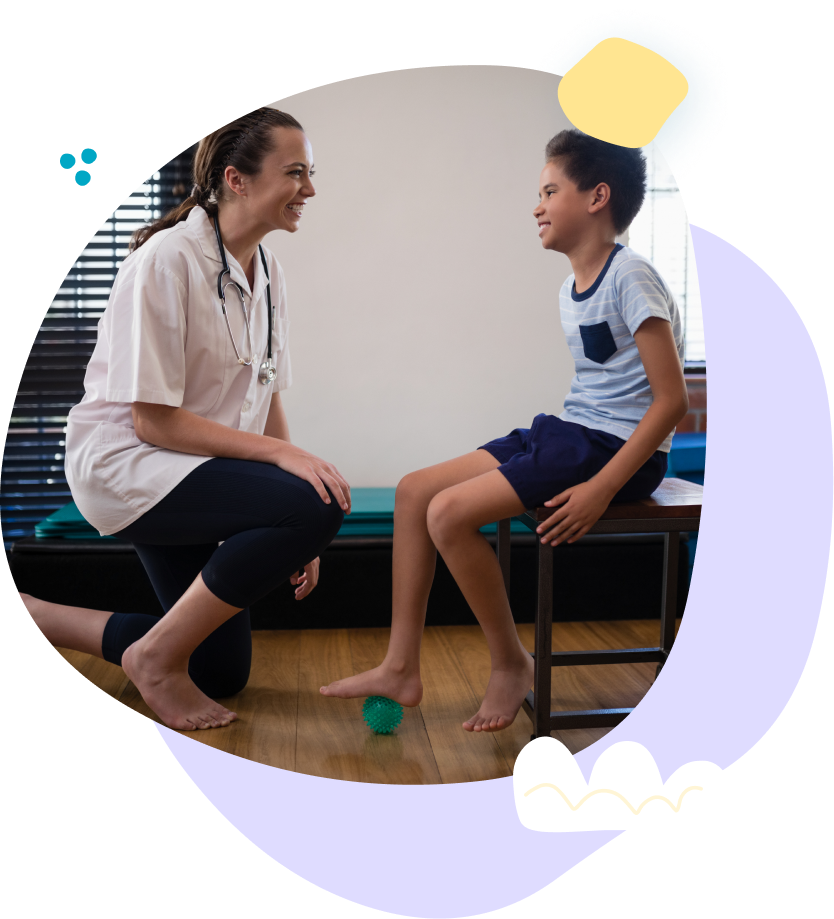Your Clinic
SET A LOCATION
Your Clinic
SET A LOCATION
Delayed walking is a common concern for parents and caregivers. While most children take their first steps between 12 and 18 months, some experience delays due to various factors. Understanding the causes of delayed walking and the role of physical and occupational therapy can provide clarity and effective solutions for families.
Delayed walking refers to a child not achieving the developmental milestone of walking within the typical timeframe. It’s important to remember that each child develops at their own pace, but walking delays may indicate underlying issues such as:
Conditions like hypotonia can make it difficult for children to support their body weight.
Issues such as cerebral palsy or developmental coordination disorder may delay motor skills.
Conditions like hip dysplasia or clubfoot can interfere with walking.
Premature babies may take longer to reach developmental milestones, including walking.


Physical therapists are experts in movement and mobility. For children experiencing delayed walking, physical therapy focuses on:
Building core and leg muscles to support
balance and mobility.
Enhancing flexibility to promote smoother movements.
Teaching proper walking patterns using assistive tools like parallel bars or walkers if needed.
Guiding families on how to encourage walking during daily activities.
With targeted interventions, physical therapy helps children improve their strength, coordination, and confidence in walking.
Occupational therapy complements physical therapy by addressing the broader context of a child's daily activities. Occupational therapists work on:
Helping children process sensory information, which is vital for balance and coordination.
Teaching children how to sequence movements effectively for walking.
Introducing techniques and tools to help
children overcome challenges in their environment
Practicing everyday tasks like standing,
reaching, or stepping to build motor skills in meaningful ways.
Together, physical and occupational therapy provide a comprehensive approach to helping children achieve their walking milestones.

If your child is not walking by 18 months or you notice other developmental delays, consulting a healthcare professional is crucial. Early intervention is key to addressing underlying issues and setting your child on the path to success.
Are you concerned about your child's walking delay? Our experienced physical and occupational therapists are here to help. Contact us today to schedule an evaluation and discover how we can support your child’s developmental journey